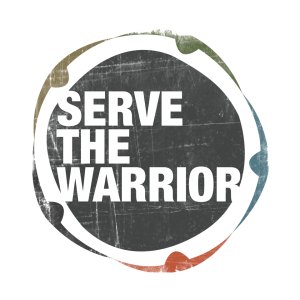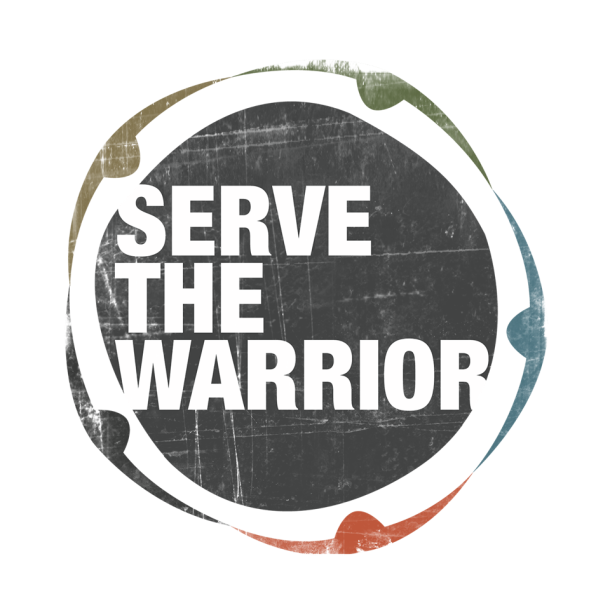Giving and Taking – Part One of Three

Giving and Taking- Part One of Three
by Robert Tanner
Nearly ten years ago, I sat in the cargo bay of a C-130 as a USMC infantryman on my way to Kuwait. I was part of a contingent of Marines deployed to Fallujah, Iraq to help restore order and bring peace to the people of the region. Seven grueling, heart-wrenching months later, I left Fallujah knowing that I had done my job to the best of my ability, but at a cost. Too many good friends had passed during our time and the mental toll this had taken on us all was enormous.
When we got back to the United States, I tried not to think much of what happened in Iraq. I fought internally to keep the bad memories out of mind. My line of thought was out of sight, out of mind. So, I avoided discussions and situations that would make me relive my experiences. I may have had an easier time blocking out those memories because what I experienced wasn’t nearly as bad as what some other guys did. I think that is the main reason I have avoided some of the horrible PTSD symptoms that a lot of us have dealt with.
A few years have passed since that deployment. I went to school, graduated, got a good job, married a wonderful woman, and was able to be there for the birth of my two sons. However, even though I was home, I was still fighting an internal war. So many good things had happened to me, but I was wracked with overwhelming guilt: why did I get to have all this when eight of my brothers would never have the same opportunity? The incessant guilt still nags at me today.
To overcome it, I tried various treatments. I went the traditional route with a doctor, but eventually quit when I didn’t see much progress. I tried taking medication, but pills just aren’t my thing. The first suggestion for an alternative way to relieve the pain actually came from the doctor. He told me to write my memories down. I thought he was full of it, but one day, when the guilt was smothering me, I decided to try it. From that point on, I was hooked. I wrote for hours and hours until each memory was out of my head and on a piece of paper. It took many years for me to write it all down, but once I did, I felt a bit of weight fall from my shoulders. I’ve actually turned those memories into a book called Memoirs of an Outlaw: Life in the Sandbox.
 After feeling that sense of relief, I started to wonder if there were other things out there that would offer something similar. Researching alternative therapies, I stumbled across the Serve the Warrior Twitter account. This brought me to their website, where I must have spent an hour reading ‘The Flying Guinea Pig’ blog posts. It dawned on me that this was what I had been searching for, so I sent a quick tweet and was immediately contacted by the founder, Julia Decker. Julia’s enthusiasm for the mission of Serve The Warrior gave me the confidence I needed to sign up for an alternative therapy session.
After feeling that sense of relief, I started to wonder if there were other things out there that would offer something similar. Researching alternative therapies, I stumbled across the Serve the Warrior Twitter account. This brought me to their website, where I must have spent an hour reading ‘The Flying Guinea Pig’ blog posts. It dawned on me that this was what I had been searching for, so I sent a quick tweet and was immediately contacted by the founder, Julia Decker. Julia’s enthusiasm for the mission of Serve The Warrior gave me the confidence I needed to sign up for an alternative therapy session.
The problem was, what would I try? I had never done anything like this before and didn’t know where to start. I turned to my wife, Melissa, who is a yoga instructor in our hometown Toms River, New Jersey. With her encouragement, I looked into several of the studios in our area before settling on a place that seemed suited to my experience and needs.
After some deliberation, I decided to try a meditation class. I didn’t think I was flexible enough for yoga, and in my mind, meditation seemed pretty straightforward. I’d go in, sit down, cross my legs, and begin chanting with the rest of the folks. I had seen it done that way numerous times on television and in movies, so obviously that was how it was going to go down, right? Boy, was I wrong.
Click here to read part two of three.
© Serve the Warrior 2013 All Rights Reserved
Learn more at www.servethewarrior.org







 Among the many fine authors to be published in the inaugural volume of
Among the many fine authors to be published in the inaugural volume of 